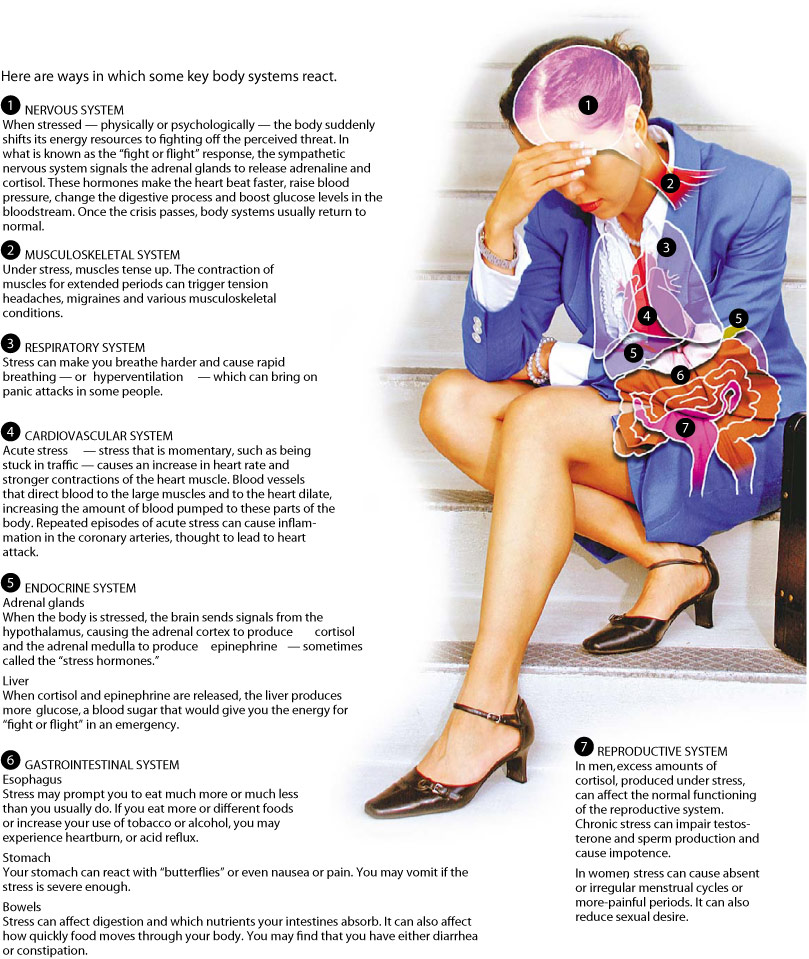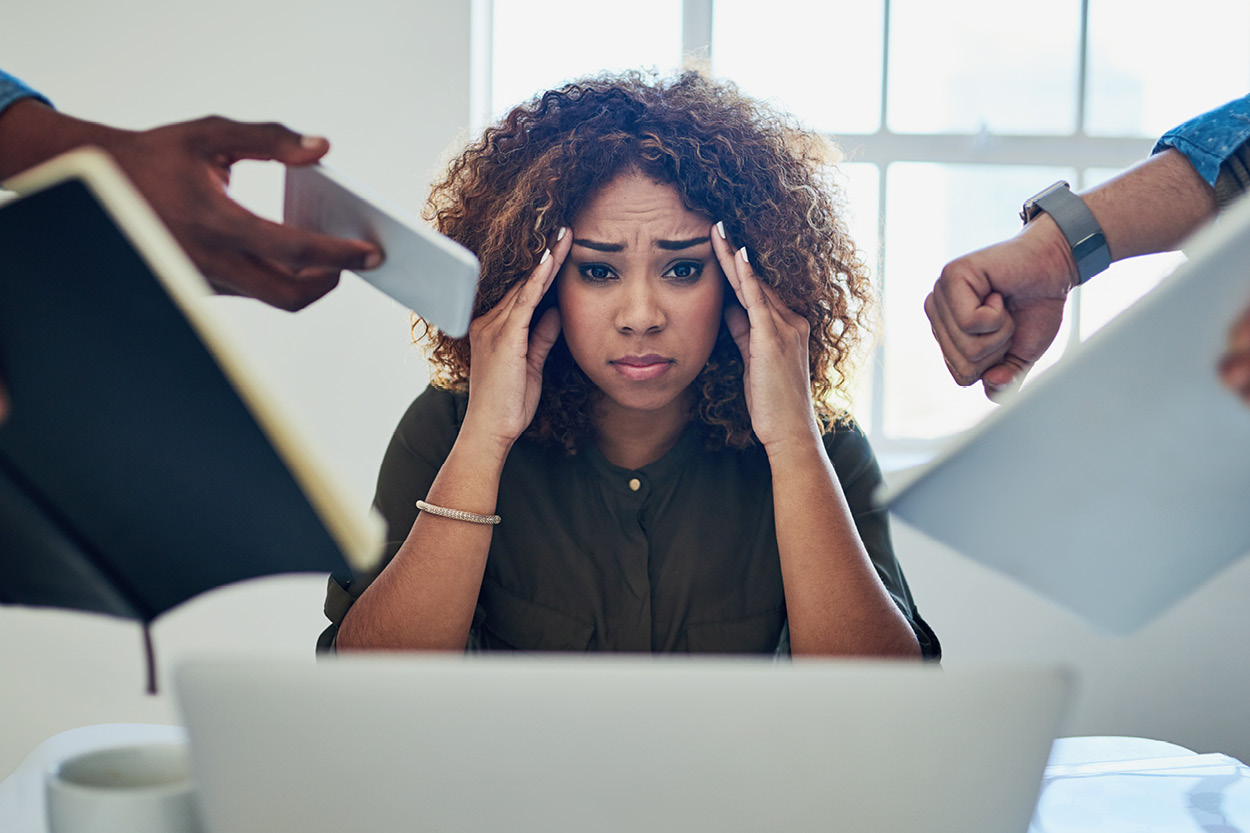Stress isn’t always bad, know your triggers
Stress is a natural feeling of not being able to cope with specific demands and events. However, stress can become a chronic condition if a person does not take steps to manage it.
What are Americans saying about stress in 2022?
We all experience stress, yet we experience it in many different ways. As such, there is no single definition of stress. The American Institute of Stress defines it as “physical, mental, or emotional strain or tension.”
According to a recent survey (March 2022), the American Psychological Association found that more adults rated inflation (concerns about rises in prices of gas, energy bills, and grocery costs) and the Russia-Ukraine situation as major stressors than any other issue asked about in the 15-year history of the annual poll. Money stress was ranked at the highest recorded level since 2015. About 56% stated that strained relationships and reduced social support during the pandemic have made coping with stress more difficult.
How does stress impact us?
Long term stress is more than a mental health issue. From headaches to stomach aches to depression, even issues like heart disease can come as a result of stress. Your body responds to stress by sending hormones into your bloodstream leading to an increased heart rate, blood pressure, and glucose levels. For short term situations, stress can be beneficial to your health, but having this rush for longer than necessary can take a toll on your health. The effect of stress on our bodies is illustrated by the following diagram:

Graphic Provided by American Institute of Stress
Learning to overcome stress and stressful situations
We may not always be able to change the stress in our lives, but we can control how we respond to it.
- Keep a journal and record what causes you stress and anxiety to help you identify your stressors.
- Make small changes in your life that will allow you to focus your mind on something that makes you feel calm.
- Know your limits, be realistic and do not take on more than you can handle.
- Create a vision for healthy living, wellness and personal growth and set goals to help you get there.
Tips for coping with stress
- Involve other people – discuss your problems with a trusted source.
- Take care of yourself – eat healthily, exercise regularly, get plenty of sleep, allow yourself a break
- Recognize when you need more help
Stress affects everyone and it is critical to manage stress so that it does not have a negative impact on your health. There are many ways to prevent and manage unavoidable stress.

